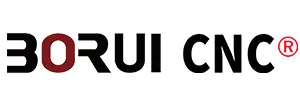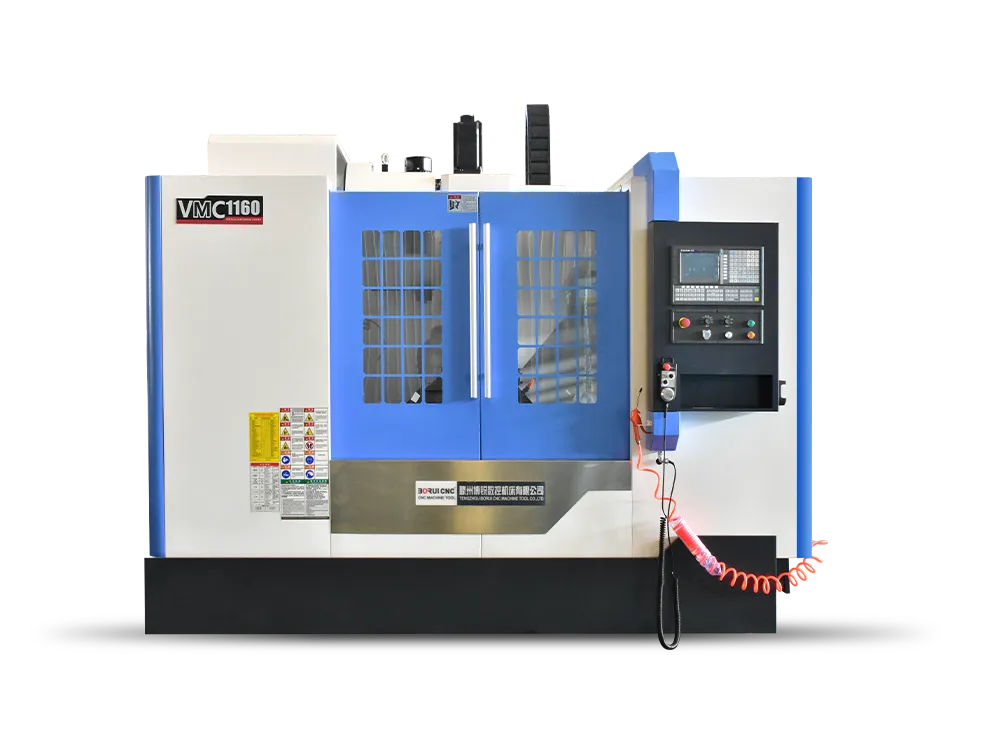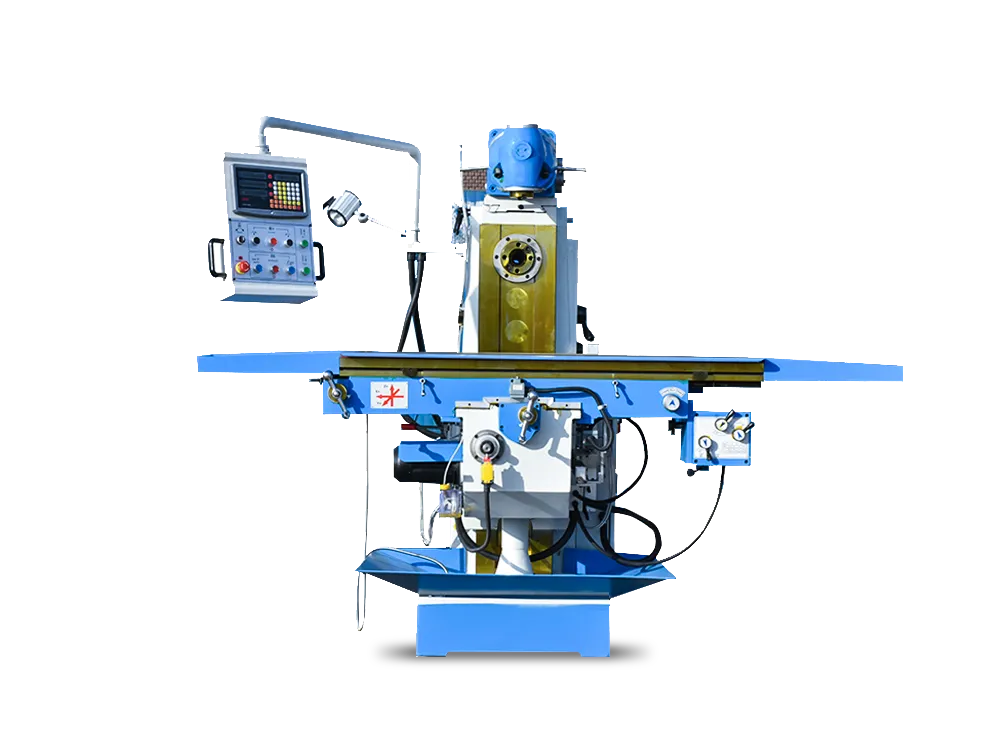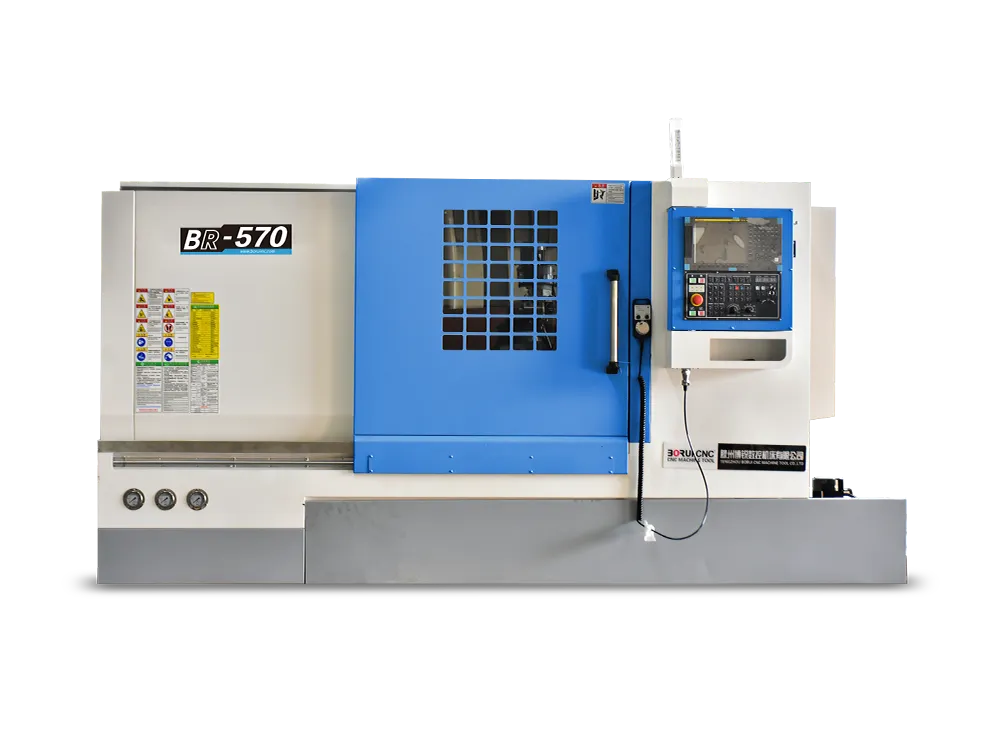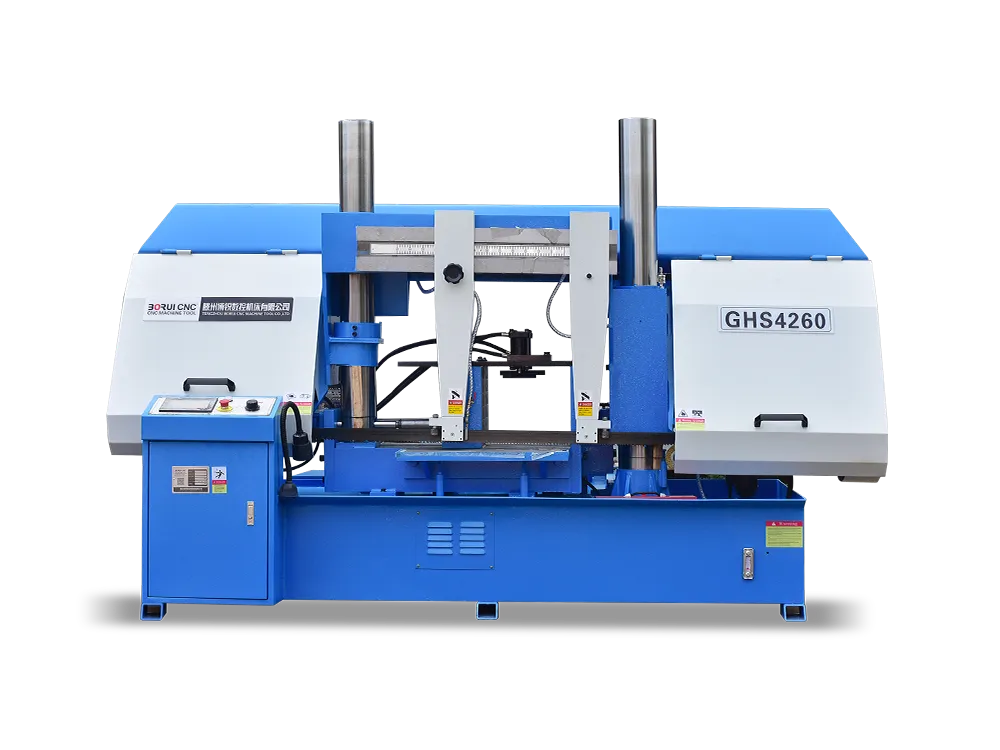Lang geleden waren handmatige freesmachines de ruggengraat van elke machinewerkplaats. Machinisten vertrouwden op hun vaardigheid en vaste handen om metaal te vormen tot bruikbare onderdelen. Elke beweging hing af van de vaardigheid van de machinist en zijn grondige kennis van gereedschappen en materialen.
Vandaag de dag hebben CNC freesmachines het spel veranderd. Deze machines maken nu onderdelen snel en nauwkeurig met behulp van digitale instructies. Bij de keuze tussen handmatig en CNC frezen kies je eigenlijk tussen traditie en technologie. Beide hebben hun plaats, maar elk biedt een andere weg naar precisie en creativiteit.
Inzicht in handmatige freesmachines
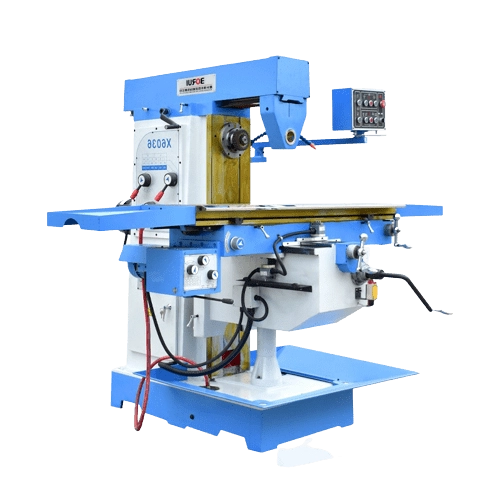
Manuele freesmachines zijn handbediende machines om metaal en andere materialen vorm te geven. De operator bedient de machine met behulp van wielen en hendels. Er zijn geen computers of automatische besturingen. Elke beweging wordt gemaakt door de persoon die de machine gebruikt. Manuele freesmachines worden al vele jaren gebruikt in werkplaatsen. Ze worden gewaardeerd om hun veelzijdigheid en directe bediening.
- Hands-on bediening: Handmatige freesmachines worden volledig met de hand bediend. De machinist gebruikt handwielen en hendels om het werkstuk en het snijgereedschap te verplaatsen.
- Aanpassing: Handmatige machines zijn optimaal voor het produceren van unieke stukken op maat of enkelstuks. Een operator kan de snijmethode aanpassen om specifieke productvormen te verkrijgen wanneer dat nodig is.
- Kosteneffectieve oplossing voor kleine projecten: Deze machines zijn goedkoper dan CNC-machines. Handmatige freesmachines zijn uitstekend gereedschap voor kleine winkels. Ook hobbyisten en particulieren die een beperkte oplage van speciale projecten moeten maken, hebben er baat bij.
CNC freesmachines ontdekken
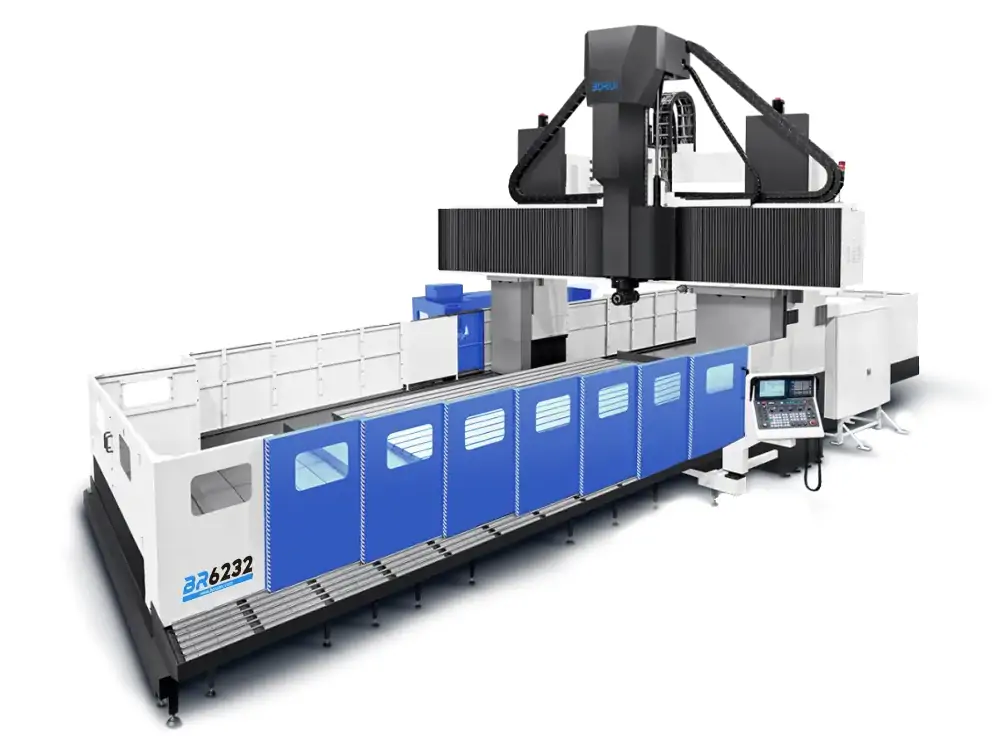
Moderne CNC freesmachines snijden materiaal door middel van computergestuurde besturingen. De machines werken zowel met metaal als met kunststof, hout en andere materialen. De machine voert digitale instructies uit die snij-, boor- en vormbewerkingen omvatten.
CNC frezen maken gelijktijdige bewegingen in meerdere richtingen. De machine blijkt nuttig te zijn voor het maken van verschillende onderdelen en producten. Het wijdverbreide gebruik van CNC machines strekt zich uit over meerdere productiesectoren.
Factoren die u moet overwegen voordat u een keuze maakt
Om te kunnen kiezen tussen CNC freesmachines en handmatige freesmachines moet je goed begrijpen wat je moet doen. Enkele belangrijke factoren die je in overweging moet nemen zijn:
1. Beoogd gebruik en projectvereisten
Bepaal wat je met de machine wilt bereiken. Wat voor soort objecten moet je produceren met je machineopstelling? De beslissing tussen CNC machines en handmatige machines hangt af van je werkvereisten. Stel dat er repetitieve taken, hoge precisie of ingewikkelde vormen nodig zijn. Handmatige machines bieden de beste oplossing voor eenmalige projecten en onderhoudswerk. Gebruikers kunnen de machine direct blijven bedienen.
2. Materiaalcompatibiliteit
Controleer of de machine overweg kan met de materialen die je van plan bent te gebruiken, zoals metalen, plastic of hout. Sommige machines zijn ontworpen voor zachtere materialen. Andere kunnen harde metalen zoals staal of titanium snijden. Kies dus de juiste machine. Dit zorgt voor goede prestaties en een langere levensduur van het gereedschap.
3. Precisie en nauwkeurigheid
De succesvolle voltooiing van talloze projecten hangt af van precisie. CNC machines bieden een hoge nauwkeurigheid en herhaalbaarheid. Hierdoor zijn ze ideaal voor krappe toleranties en gedetailleerd werk. Handmatige machines vertrouwen meer op de vaardigheid van de operator. Dit kan de precisie beperken voor complexe of repetitieve taken.
4. Productievolume en -snelheid
Bedenk hoeveel onderdelen je moet produceren. CNC machines zijn gemaakt voor grote aantallen, snelle en herhaalbare productie. Handmatige machines zijn meer geschikt voor kleine aantallen of maatwerk. Als je veel identieke onderdelen moet maken, is CNC meestal de betere keuze.
5. Budget en totale kosten
Budget is altijd een belangrijke factor. Handmatige freesmachines zijn over het algemeen goedkoper in aanschaf en onderhoud. CNC machines hebben hogere aanloopkosten. Maar ze kunnen op de lange termijn geld besparen door snelheid, automatisering en minder arbeid. Houd ook rekening met kosten voor software, onderhoud en reserveonderdelen.
6. Aanpassingsbehoeften
Als je aangepaste stukken of onderdelen nodig hebt voor een klein project of een prototype, kies dan voor handmatige machines. Hiermee kun je tijdens het machineproces gemakkelijk ter plekke wijzigingen aanbrengen. CNC machines kunnen ook aangepaste onderdelen maken, maar veranderingen moeten vaak opnieuw geprogrammeerd worden. Bedenk hoe vaak je je onderdelen moet aanpassen.
7. Onderhoudsvereisten
Handmatige machines hebben meer onderhoud nodig. Dit komt omdat er meer slijtage optreedt bij handmatige bewerkingen. CNC machines daarentegen zijn onderhoudsarme machines. Ze kunnen software-updates, kalibratie en gespecialiseerd onderhoud nodig hebben na lange perioden.
Handmatige freesmachines
Voordelen van handmatige freesmachines
Handmatige freesmachines zijn betaalbaar in combinatie met een gebruiksvriendelijke bediening. Deze machines bieden de operators volledige controle tijdens het frezen. Bedieners kunnen hun werk eenvoudig aanpassen of aanpassingen ter plaatse doorvoeren via het handbedieningssysteem. Handmatige freesmachines dienen voor maatwerk en reparaties. Ze werken goed voor kleinschalige bewerkingen. Deze machines bieden zowel betrouwbaarheid als onderhoudsgemak. Ze stellen machinisten in staat om praktische operationele vaardigheden te ontwikkelen.
Deze machines hebben een aantal sterke punten. Ze hebben echter fundamentele beperkingen in hun werking.
Nadelen van handmatige freesmachines
- Langzamere productie: Handmatig frezen produceert werk op een aanzienlijk langzamere snelheid dan CNC-verspaning. De machine werkt te langzaam om grote volumes of repeterend werk aan te kunnen.
- Vereiste bedieningsvaardigheden: Een bekwame operator moet deze machine op de juiste manier bedienen. Om nauwkeurige resultaten met betrouwbare kwaliteit te bereiken, moeten operators veel ervaring hebben. Fouten tijdens de bediening leiden tot defecte werkstukken en productiefouten.
- Beperkte complexiteit: Handmatige frezen ondervinden problemen bij het werken met complexe vormen EN krappe toleranties voor repetitieve taken. Het productieproces voor complexe constructies vraagt zowel veel tijd als vakmanschap.
- Hoger risico op menselijke fouten: Handgestuurde bewerkingen creëren talloze mogelijkheden voor menselijke fouten. De kans hierop is groot bij uitgebreide en ingewikkelde productietaken.
- Materiaal afval: Menselijke fouten tijdens handmatige bewerkingen veroorzaken materiaalverspilling door inefficiënt materiaalgebruik en hogere uitvalpercentages.
- Niet ideaal voor grote series: Handmatig frezen heeft zijn beperkingen bij de productie van grote productvolumes omdat geautomatiseerde systemen beter presteren tegen lagere kosten.
Belangrijkste toepassingen van handmatige freesmachines
Handmatige freesmachines worden overal in werkplaatsen en reparatiefaciliteiten gebruikt. Ze worden onder andere gebruikt om kapotte apparatuur te repareren, prototypes te bouwen en onderdelen op maat te maken. Machinisten kunnen snelle veranderingen aan tijdens hun kleinschalige productieruns. Technische opleidingscentra gebruiken handbediende freesmachines als leermiddelen. Deze machines worden gebruikt voor taken waarbij onmiddellijke besturingsaanpassingen in real-time nodig zijn. Snelle reparaties of het uitvoeren van taken voor eenmalig gebruik kunnen eenvoudig worden uitgevoerd. Ze bieden essentiële functionaliteit voor wie flexibele controle nodig heeft over verspanende bewerkingen.
CNC-freesmachines
Voordelen van CNC freesmachines
Deze machines bieden veel voordelen voor moderne productie. Ze leveren een hoge precisie en herhaalbaarheid. Dit maakt de productie van complexe onderdelen met nauwe toleranties mogelijk. Zodra een programma is ingesteld, kan de machine veel identieke onderdelen maken met weinig menselijke inspanning. Dit vermindert fouten en bespaart tijd.
CNC machines kunnen complexe vormen en gedetailleerde ontwerpen aan die moeilijk met de hand te maken zijn. Ze werken met veel materialen, waaronder metaal, kunststof en hout. CNC frezen verhoogt ook de productiviteit, omdat één operator meerdere machines tegelijk kan bedienen. Daarnaast is CNC frezen ook veiliger, omdat er minder handmatige handelingen nodig zijn. CNC machines zijn efficiënt, nauwkeurig en perfect voor zowel grote als kleine productieruns.
Beperkingen van CNC freesmachines
- Hoge initiële en operationele kosten: CNC machines zijn duur om aan te schaffen, in te stellen en te onderhouden. Gespecialiseerde software, gereedschap en bekwame operators maken de totale kosten nog hoger.
- Beperkingen voor grootte en werkomvang: Elke CNC machine heeft een vast werkgebied. Dit beperkt de maximale grootte van onderdelen die geproduceerd kunnen worden. Grote of lastige onderdelen passen mogelijk niet of vereisen speciale instellingen.
- Behoefte aan bekwame technici: Ondanks de automatisering hebben CNC machines getrainde technici nodig. Zij programmeren, bedienen en zien toe op het oplossen van problemen. Als de operator niet vaardig genoeg is, kan dit leiden tot fouten en onderdelen van mindere kwaliteit.
- Onderhoud en stilstand: CNC machines vereisen regelmatig onderhoud en reparaties. De onderhoudstaken zijn kostbaar, wat leidt tot vertraagde productie wanneer zich problemen voordoen.
- Programmeer- en insteltijd: Het maken of herprogrammeren van nieuwe onderdelen kan veel tijd in beslag nemen. Dit geldt vooral voor complexe opdrachten of eenmalige projecten.
- Niet ideaal voor complexe aangepaste onderdelen: Het instellen en programmeren kost tijd voor enkelvoudige of complexe onderdelen. Handmatig bewerken blijkt kosteneffectiever dan deze bewerkingsmethode.
Belangrijkste toepassingen van CNC-freesmachines
Veel industrieën vertrouwen op CNC freesmachines om nauwkeurige, complexe onderdelen te maken. Deze machines worden gebruikt in fabrieken voor autoproductie, lucht- en ruimtevaart en elektronicaproductie. Tegelijkertijd worden ze vaak gebruikt bij de productie van medische producten. De precieze mogelijkheden van CNC freesmachines maken de productie mogelijk van motoronderdelen en tandwielen, maar ook van mallen en gereedschappen op maat. Deze machines dienen zowel voor prototyping als voor de productie van kleine series producten.
Een CNC machinesysteem kan dezelfde productievolgorde meerdere keren uitvoeren omdat het werkt op basis van geprogrammeerde instructies. CNC machines volgen computerinstructies en zijn daarom geschikt voor zowel massaproductie als maatwerk.
CNC freesmachines zijn de beste keuze voor elke job die snelheid, precisie en herhaalbaarheid vereist.
Top CNC werktuigmachinefabrikanten - BORUI CNC
BORUI CNC staat bekend als een vooraanstaand bedrijf op de markt van CNC werktuigmachines waarop fabrikanten wereldwijd vertrouwen. BORUI CNC machines krijgen erkenning door hun nauwkeurige componenten, betrouwbare structuur en innovatieve technologische eigenschappen. Met onze op maat gemaakte oplossingen bedienen we diverse industrieën. Dit resulteert in verbeterde kwaliteit en verhoogde productiviteit voor onze zakelijke klanten. Het bedrijf is toonaangevend op het gebied van moderne verspaning dankzij het wereldwijde ondersteuningsnetwerk en de innovatieve focus. Bekijk al onze producten.
